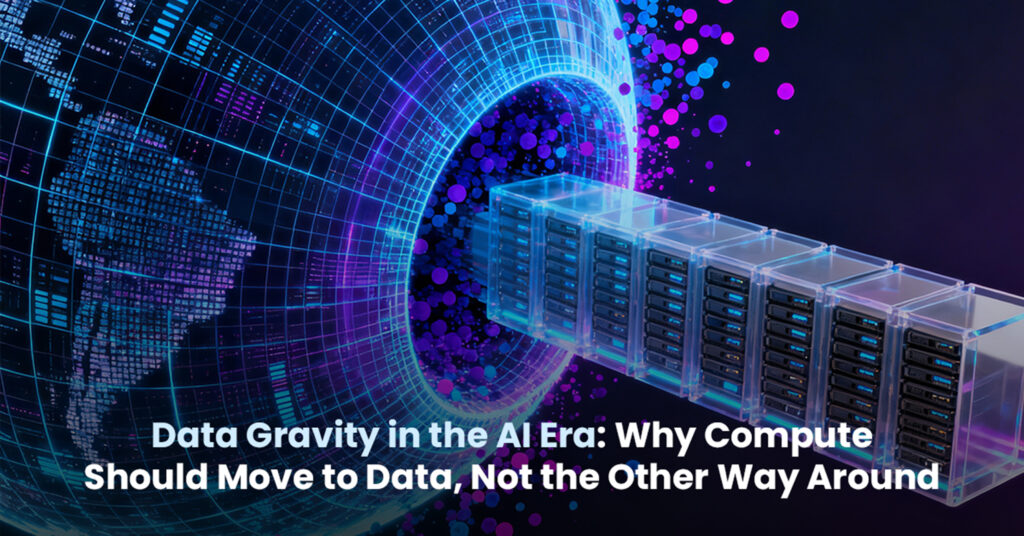Introduction: It’s Not Just About the Tech
When cloud migrations fail, the first instinct is to blame the technology. Maybe the architecture wasn’t right, or the tools weren’t compatible. But here’s the surprising truth: 70% of cloud migrations fail not because of technology, but because of people.
At CloudServ.ai, we’ve seen this pattern again and again. Resistance to change, poor communication, lack of trust, or fear of the unknown these human factors derail more projects than any technical misstep. That’s why we’ve built a human-centered approach to cloud adoption, focusing as much on psychology as on platforms.
The Hidden Psychology Behind Cloud Adoption
Humans don’t naturally love change, especially when it feels forced. In the world of cloud, this resistance takes many forms:
- Fear of job loss: Employees worry automation will make them obsolete.
- Skill anxiety: Teams fear they won’t keep up with new workflows or technologies.
- Trust concerns: Executives and customers wonder if the cloud is reliable, secure, or cost-effective.
- Loss of control: IT teams accustomed to owning servers feel uneasy handing control to the cloud.
Understanding these emotions is critical. A migration may be technically flawless, but if the people don’t buy in, it won’t succeed.
Why 70% of Migrations Fail
Most companies underestimate the human factor. They focus on infrastructure, costs, and vendor selection, but neglect the psychology of adoption. The result?
- Overemphasis on tools: Great platforms with no user adoption.
- Poor communication: Stakeholders don’t understand the why.
- No training or support: Teams are left scrambling in unfamiliar territory.
- Misalignment: Executives, IT, and frontline staff have different expectations.
Without addressing these, migrations become expensive detours instead of strategic victories.
CloudServ.ai’s Human-Centered Approach
At CloudServ.ai, we treat cloud adoption as a people-first transformation. Our philosophy is simple: technology succeeds when people succeed.
Here’s how we make that happen:
- Listen before we migrate. We learn about the culture, motivations, and concerns of each client.
- Frame migration as empowerment. Instead of focusing on disruption, we highlight how the cloud frees teams from repetitive tasks and opens new opportunities.
- Support with empathy. Training, workshops, and accessible documentation help employees feel confident instead of threatened.
- Celebrate quick wins. Early successes like faster deployments or improved customer experience are showcased to build momentum.
- Create psychological safety. Teams know mistakes are part of learning, and we encourage experimentation without fear.
This approach transforms skepticism into buy-in, fear into curiosity, and resistance into momentum.
Case Studies: When Human-Centered Cloud Adoption Works
- Employee Empowerment: One client faced heavy resistance from staff worried about automation. By reframing the migration as a way to eliminate mundane tasks and focus on creative problem-solving, adoption soared.
- Executive Alignment: For another client, executives struggled to connect cloud metrics to business outcomes. We translated the technical wins into stories about scalability, market expansion, and risk reduction earning full leadership support.
- Customer Trust: A retail client used our human-centered storytelling to explain changes to their customers. Instead of “we upgraded servers,” the message became: “Your shopping experience is now faster and safer.” Customers embraced the change.
The Business Benefits of Addressing Psychology
When companies put people at the center of cloud adoption, the payoff is clear:
- Higher adoption rates → Teams actually use the new tools.
- Faster ROI → Projects deliver business value sooner.
- Reduced turnover → Employees feel empowered, not displaced.
- Greater trust → Customers and stakeholders see the transformation as progress, not disruption.
By treating cloud adoption as both a technical and psychological journey, CloudServ.ai helps companies unlock the full promise of transformation.
Looking Ahead: The Future of Cloud Adoption
As digital transformation accelerates, psychology will play an even bigger role. Behavioral science, change management, and AI-driven personalization will all help organizations design smoother adoption journeys.
CloudServ.ai is leading this shift. We’re committed to keeping humans at the center because when people feel confident and supported, technology thrives.
Conclusion: It’s Always About People
The next time you hear about a failed cloud migration, look beyond the code. More often than not, the real issue isn’t technical it’s psychological.
At CloudServ.ai, we know that successful cloud adoption happens when people feel empowered, informed, and inspired. By combining technical expertise with human-centered design, we’re helping companies turn cloud migration from a 70% failure risk into a success story.
Because the cloud isn’t just about platforms it’s about people.



